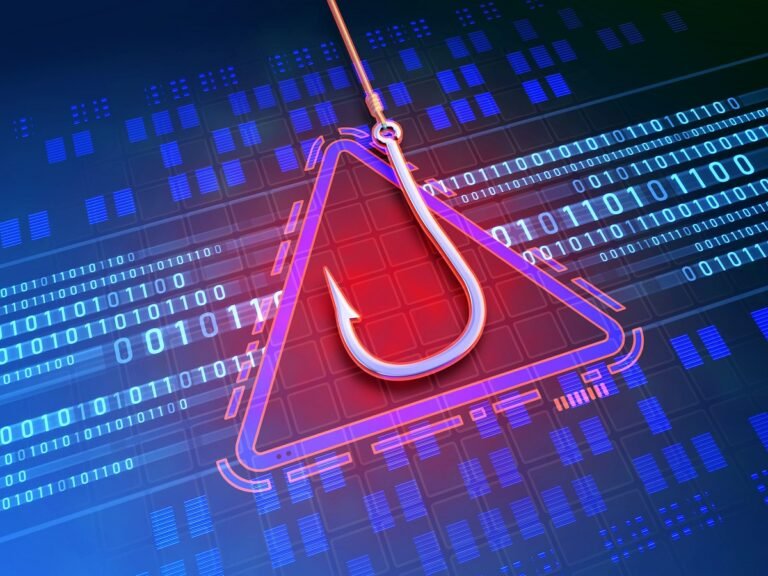Phishing scams are fraudulent attempts to obtain personal or financial information by posing as trustworthy entities. They can appear as emails, messages, or websites, often enticing victims with offers of free money or alarming warnings. To avert the dire consequences of phishing scams here’s what you need to know:
Recognizing Phishing Attempts
- Messages Claiming You’ve Won Money: Beware of emails or messages stating you have won a prize or money. These may direct you to log in on a fraudulent website, where they aim to capture details like email addresses, PINs, or passwords.
- Unfamiliar Email Addresses: Scammers will use a suspicious or unknown email address.
- Spelling and Grammatical Errors: Look for obvious mistakes in the text.
- Mismatched URLs: Hover over links to see where they lead. Make sure the URL matches the legitimate domain. We will never contact you and ask you to log into a website.
How to Protect Yourself
- Don’t Click: Never click on links or download attachments from unknown or suspicious sources.
- Verify Requests: If you receive an unexpected request for personal information, verify it with us through in-app chat.
- Use Strong Passwords: Keep your passwords strong and change them regularly.
- Reporting Suspicious Activity: Report cases of suspected phishing to your service provider.
Stay Informed
- Educate Yourself: Familiarize yourself with common phishing techniques and stay updated with security news.




